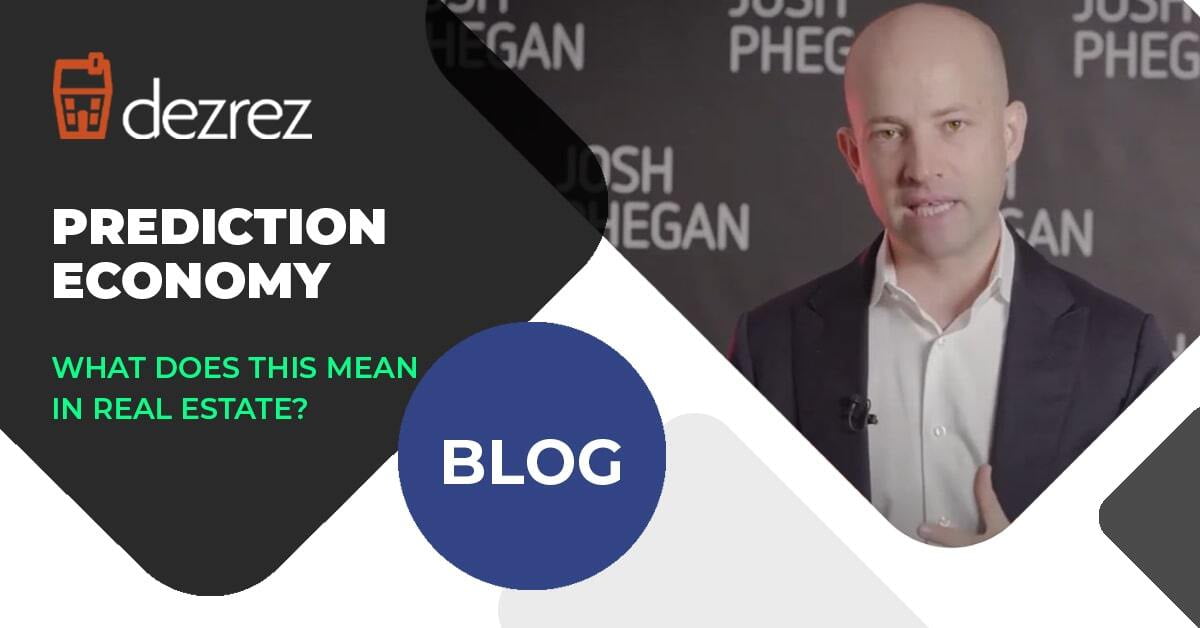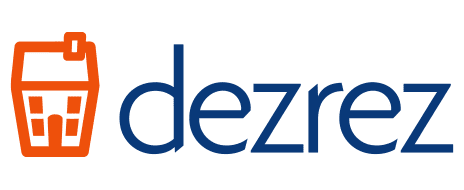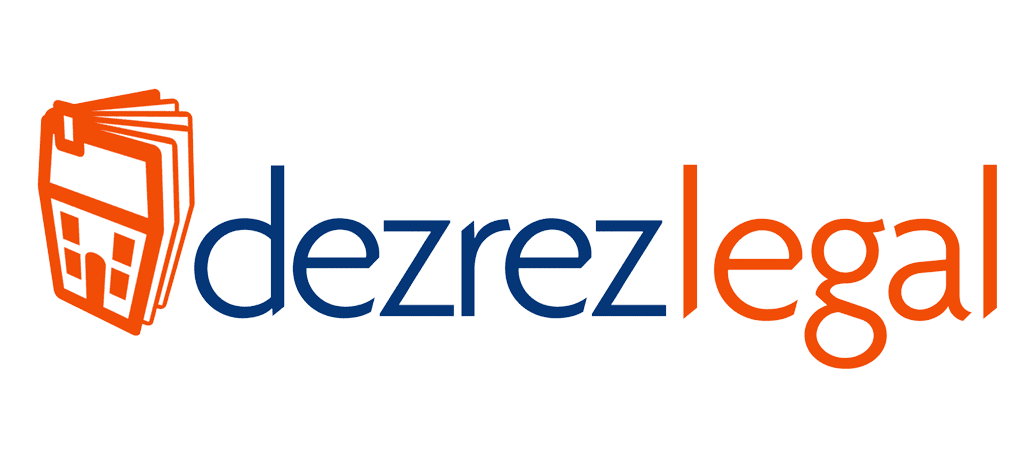Written by: Kayley Williams
What is meant by the term ‘Prediction Economy’?
The short version of the term predictive economy is the ability to use tools, ways of thinking and data to develop forecasts that clearly outline future customer behaviour and trends within the marketplace. When operating in a highly competitive market that never closes, predictive actions and strategies can future proof your investment and propel your brand.
“We live in a world that our questions create” – Josh Phegan
Last year when as the pandemic forced all high street agencies to shut their doors the question on everyone’s minds was ‘how do we complete the home buying process virtually?’ With so many areas of buying, selling and renting completed physically, from viewing the property, to signing documents and meeting with tenants, this called for a revolution in the way in which we thought to carry out processes.
With agents force to embrace a hybrid or online approach the demand for CRM software soared. The pandemic also quickly taught us that we needed to evolve our beliefs for what it takes to be a great estate agency. Jim Collins said, “There will be no ‘new normal’, there will only be a continuous series of ‘not normal’ episodes. And he wasn’t wrong.



